I hate to say my motivation to get exceptionally healthy and eat clean was due to health problems…but it was. While being seen by doctor after doctor and test after test, my next move was to clean up my diet. It wasn't about just eating a gluten-free diet, hanging out in the gluten-free processed snack section and buying whatever fruit I found at the market. It was about understanding what the ingredients on the back of the package meant, and not just seeing if the product was gluten-free. It was about educating myself on the real reason Organic produce and ingredients are so important and how they can help my health.
And one of the first things I learned when I went to my Nutrition School was how pesticides can make you sick, a.k.a. eat more organic. I learned that by eating Organic, I could actually help my health in a very positive way.
What does Organic mean anyways? It means the crops are raised naturally.
I thought I was eating a healthy diet because I was eating tons of fruits, and vegetables. But, I didn't know that my healthy choices were full of pesticides!
And what do pesticides do? Their intended target is to kill bugs, but instead they contaminate our food and water sources and even the air we breathe. Pesticides are sprayed on our growing crops to secure the safety of the crops from bugs, but end up everywhere in our environment. So what does that mean for you? It means that symptoms and health problems you have may be linked to the food you eat because of the Pesticide residue! This is some serious stuff!
Produce with pesticides are cheaper then Organic, and most often look prettier and shinier. Between the lack of education on Pesticides, the cost, and the superficial look of these fruits and veggies, most people are more inclined to buy produce with Pesticides. The thought behind this, is that the Pesticides are there to kill bugs and not humans, so what's the big deal right? But pesticides can make you really sick! Even if you soak and wash the F#&k out of your produce, there will still always be a residue of pesticides on your food. And you are putting that in your mouth, eating Pesticides, and digesting Pesticides that were meant to kill bugs. Just sit back for a second and think about that.
Because Pesticides end up not just on our crops, but in our water source and our environment, they can cause chronic environmental health problems such as:
- Skin, eye, and lung irritation
- Hormone disruption
- Brain and nervous system toxicity
- Cancer
- Blood disorders
- Nerve disorders
- Birth defects
- Reproduction effects
- Allergies
- Food Sensitivities
- Adrenal Fatigue
- Chronic body stress
- Behavioral problems
- Autoimmune Illness
The way pesticides work in humans and even animals is that they weaken and break down your immune system, and when you have a weakened immune system you are susceptable to almost anything! And those who eat more food grown with Pesticides are at the highest risk of developing health problems.
So how do you solve this? Do you just buy all Organic? For some, yes this is affordable. But for most it is not. Buying all Organic crops and produce can cost a pretty penny and empty your wallet in a nano-second. So how do we solve this issue if we want to be free of Pesticides, eat healthy and most importantly FEEL healthy?
There is a loop hole! A treasure map!
And you can get your hands on it right here!
Let me introduce you to the Dirty Dozen & Clean Fifteen, a guide list that was created by the EWG (Environmental Working Group), that advises which foods are a must for buying Organic and which foods you you can buy that have Pesticides. A list that tells you about the dirtiest fruit and the cleanest. This list gives you the best of both worlds, keeps the moola in your wallet, and keeps you healthy at the same time.
I use this as my guide in my daily life. I strive to buy as much organic as possible, but when I can't, it's this list that creates a healthy eating roadmap for me. I think you will love it too!
DIRTY DOZEN: The ones you will want to make sure you buy organic.
- Apples
- Peaches
- Nectarines
- Strawberries
- Grapes
- Celery
- Spinach
- Sweet Bell Peppers
- Cucumbers
- Cherry Tomatoes
- Imported Snap Peas
- Potatoes
- Hot Peppers
- Kale & Collard Greens
THE CLEAN FIFTEEN: The produce with flexibility
- Avocados
- Sweet Corn
- Pineapple
- Cabbage
- Sweet Peas (frozen)
- Onions
- Asparagus
- Papaya
- Mango
- Kiwi Fruit
- Eggplant
- Grapefruit
- Cantaloupe
- Cauliflower
- Sweet Potatoes
TIPS:
- Most fruit and vegetables that have a hard shell can be bought with Pesticides, because the pesticides have a hard time penetrating through the shell, therefore calling it safe to buy like Avocados.
- Everything in between, you can use your judgement based on these guidelines. For example: Other melons besides Cantaloupe you don't have to buy Organic like Watermelon, Honeydew, Canary Melon and other forms of melon. Same with Citrus like Lemons, Limes, Oranges, Clementines.
- Berries like Blueberries, Raspberries, Blackberries for example would be best to be bought Organic, same with Figs.
- And when it comes to the freezer section I tell all of my clients, friends and family to go with Organic. Always!
And some not so pretty facts to seal the Organic deal:
- According to a study by the University of Washington published in February 2015, people who eat mostly organic showed significantly less pesticides in their urine, then those who rarely eat organic.
- According to the report on EWG:
- The average potato has more pesticides by weight then any other produce.
- 99 Percent of apple samples, 98 Percent of peaches, and 97 Percent of nectarines tested positive for at least one pesticides residue.
- A single grape and a sweet bell pepper contained 15 pesticides!
- Single samples of cherry tomatoes, nectarines, peaches, imported snap peas and strawberries showed 13 pesticides a piece!
So, are you ready to take the Organic leap?
Love and Healthy Living!

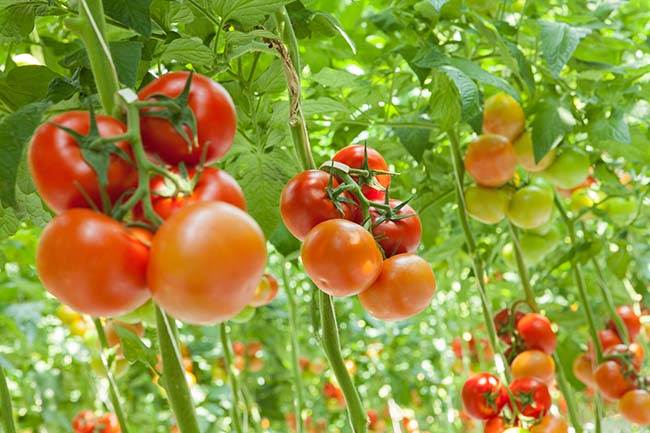
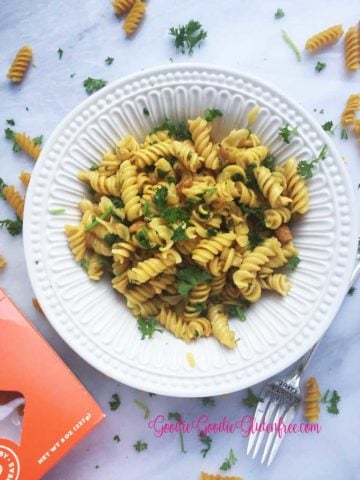
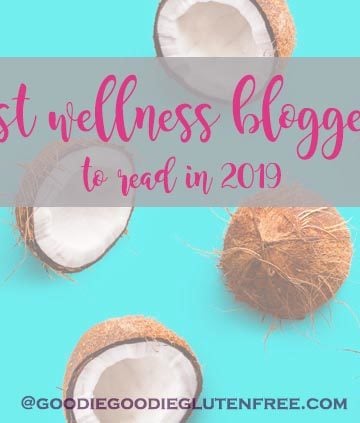
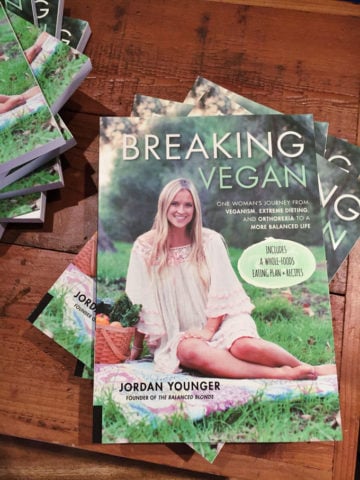
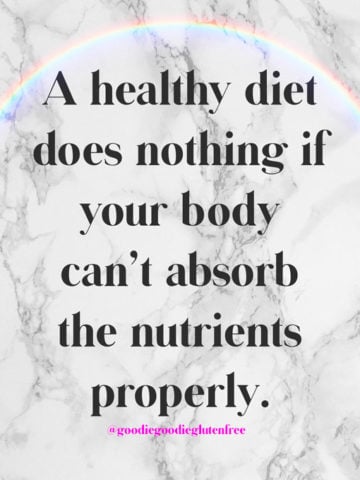
 Like Goodie? Wanna fall in love? Follow me on
Like Goodie? Wanna fall in love? Follow me on
Leave a Reply